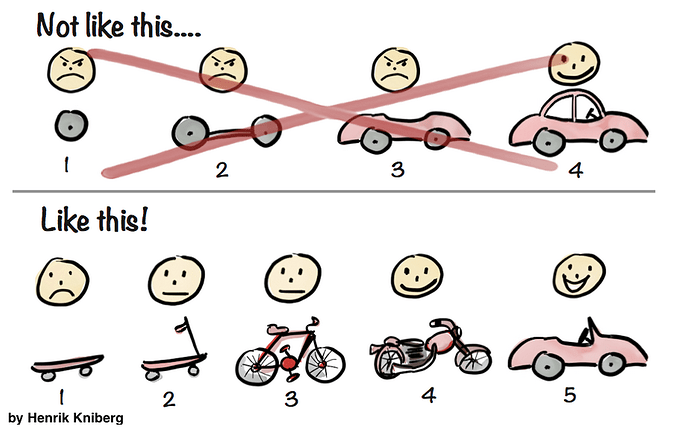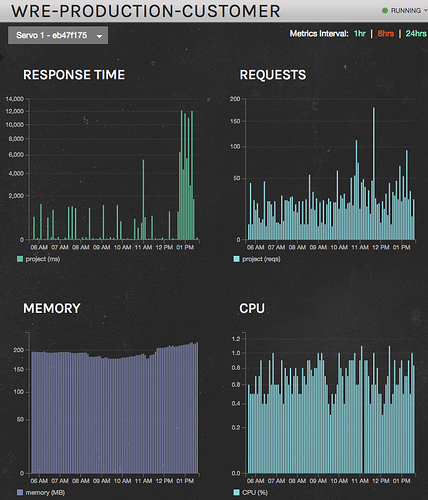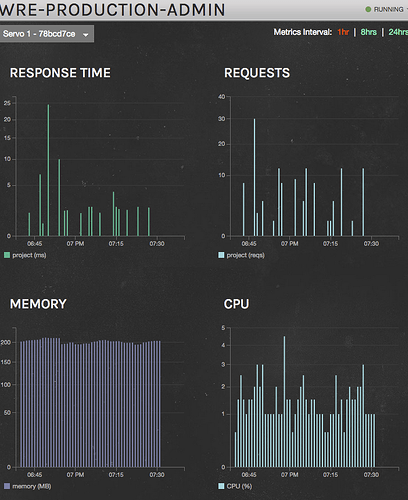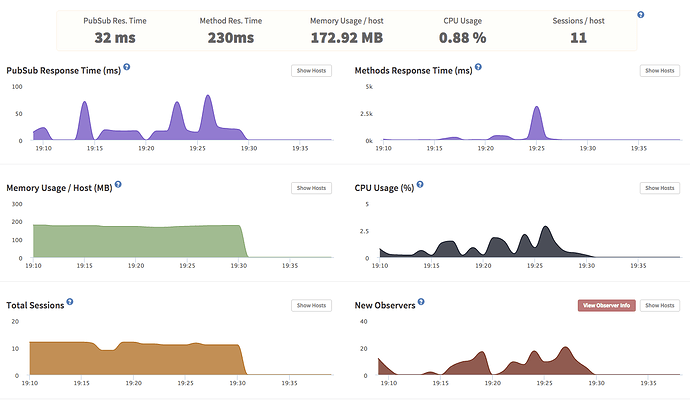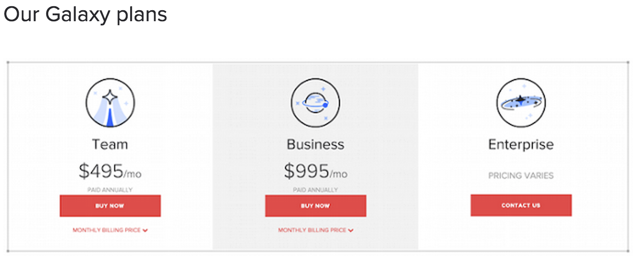Dear Modulus.io,
We don’t understand why you aren’t doing more to actively capture the market for Meteor hosting. Meteor has taken off and there are not many great hosting options. You guys are really missing an opportunity to make a name for yourself as the leading Meteor host. You wrote a couple articles about Meteor two years ago, and then nothing since then (including failing to update those articles regarding changes to the demeteorizer command line). You haven’t even done any basic SEO/SEM like putting “Meteor hosting” on your home page (until I wrote your CEO about it a few months ago). You could also publish many articles on Meteor to boost SEO, and actively engage the Meteor community so you can better understand their needs. Take a stance and boldly explain what makes Modulus a great Meteor hosting option.
A lot of people seem to think Heroku is the best option without really knowing why it isn’t. Seems like an opportunity here. Run a “Switch to Modulus” campaign and give people a month or two discount for giving Modulus a try. Or you could offer something like: “We’re so confident with our Meteor hosting, that if you migration your app from Heroku and decide you don’t like us after 30 days, we’ll give you your money-back.”
http://screencast.com/t/6UlechCm9tT
If Modulus was my company, I’d have made the strategic decision to be the number one host for Meteor apps starting a couple years ago. Early on we recognized the revolutionary nature of Meteor and have been doing all new development in Meteor since version 0.6. We have several Meteor apps which have been in production for 2.5 years already. We don’t understand why Modulus has taken such a passive role when it comes to seizing this opportunity. Meteor is barely mentioned in your blog and doesn’t show in the your tag cloud:
http://screencast.com/t/o8bJtiBbxS3z
This seems like a major oversight to us.
Why are there no Modulus reps talking back on the very popular Meteor forums where Modulus is heavily discussed:
https://forums.meteor.com/search?q=modulus
As evidenced from the design of that last email survey (“Fill out this 5-minute Survey for a $5 Gift Card!”), it seems you guys don’t even want to really know what your customers have to say. There was no opportunity within the survey to provide any feedback about your service. I can only guess that maybe there is a culture at Modulus to reduce interaction with customers (due to the high costs of customer support?) I can appreciate that, but maybe there should be exceptions for marketing and strategy teams right?
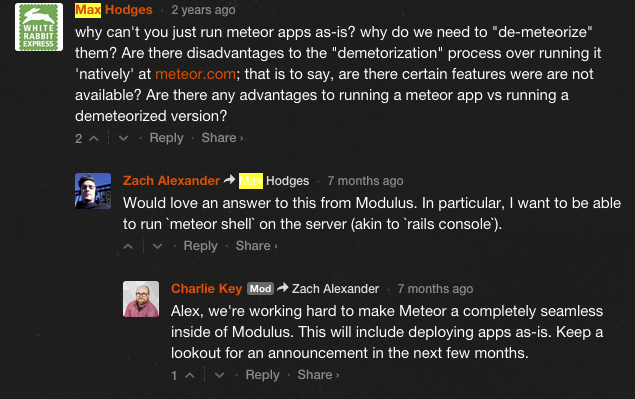
It took Modulus 1.5 years to reply and they still didn’t answer the question ![]()
Did something really bad happen there after Progress took over? Did all the innovative employees leave or get moved to other departments? I’d really like to see Modulus take the Meteor hosting opportunity seriously especially in the area of better application performance monitoring for Meteor apps. Let us all know what we can do to help. Meteor application hosting is an underserved market.
Cheers,
Max
Founder, White Rabbit Japan [Built with Meteor, hosted on Modulus.io]
UPDATE: I see Modulus added “METEOR SUPPORT” to their homepage. It wasn’t there when I originally wrote this letter to their CEO a few month ago. So maybe my letter did have some impact, although no one replied to it.

